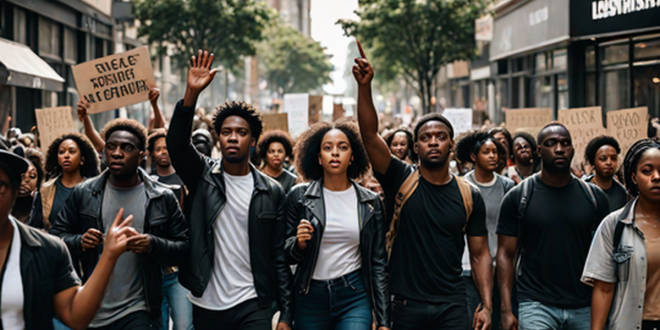The aftermath of such events often includes physical injuries, emotional trauma, and in some cases, the tragic loss of life.
In these trying times, it is crucial to extend support to those affected, helping them navigate through their grief and begin the process of healing.
Here are some effective ways to provide meaningful assistance to victims and their families.
1. Provide immediate medical assistance
For those injured during the protests, access to immediate and adequate medical care is essential.
Support can be provided by donating to medical funds, which helps cover the costs of surgeries, treatments, and rehabilitation.
Additionally, healthcare professionals can volunteer their services to treat the injured, especially in areas where medical facilities are overwhelmed.
2. Offer psychological support
The trauma from violent protests can have severe psychological effects. Offering mental health support is crucial for the healing process.
Providing free or subsidized counseling and therapy sessions can help victims process their trauma and begin healing.
Establishing or promoting support groups where individuals can share their experiences and find solidarity can also be beneficial.
3. Provide financial assistance
Financial stability can be a significant concern for families affected by violence.
Assistance can come in various forms, such as direct financial aid to families who have lost loved ones or breadwinners, helping them cover living expenses and funeral costs.
4. Legal support
Many victims might need legal assistance to navigate the aftermath of protests. Lawyers can offer their services for free to help victims with any legal issues, from seeking justice to handling claims.
Providing pro bono legal services can ensure that those affected receive the legal representation they need.
Additionally, educating communities about their legal rights through workshops can empower them to seek justice and protection, helping them to understand and utilise the legal resources available to them.
5. Community solidarity and engagement
Showing solidarity and engaging with affected communities can foster a sense of unity and support.
Organising community meetings and forums where people can come together to discuss their experiences and find collective ways to support each other is essential.
Holding memorials or vigils for those who lost their lives can help communities grieve and remember their loved ones, creating a sense of closure and collective healing.
6. Advocate for policy changes
Long-term support also involves advocating for systemic changes to prevent future violence and ensure better support systems.
Lobbying for policies that protect citizens, improve response times, and provide better support for victims is crucial.
Promoting community policing initiatives that build trust between law enforcement and communities can help reduce the likelihood of violent protests.
 Top Naija News – Nigeria News, Nigerian News & Top Stories Top Naija News – Nigerian Newspapers, Nigerian News. topnaijanews is a daily Nigerian newspaper covering Latest News, Breaking News, Entertainment, Sports, Lifestyle and Politics.
Top Naija News – Nigeria News, Nigerian News & Top Stories Top Naija News – Nigerian Newspapers, Nigerian News. topnaijanews is a daily Nigerian newspaper covering Latest News, Breaking News, Entertainment, Sports, Lifestyle and Politics.




